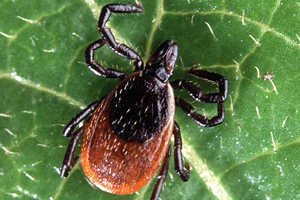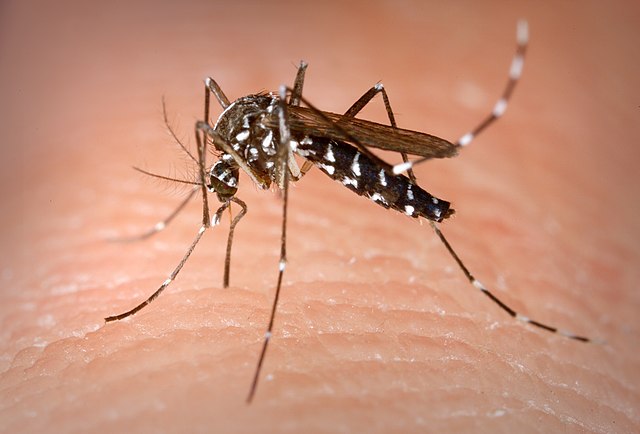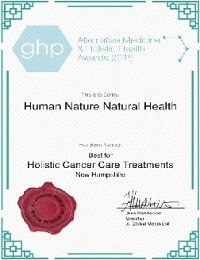Mosquito & Tick Season is Here
For Information on Lyme Disease
 |
Lyme Disease Is More Than An Infection. Lyme needs to be treated as a Multi-System Infection, Inflammatory & Immune Deficiency Syndrome. |
 |
Chronic Lyme - An Interview With Dr. Bier We sat down with Dr Bier to ask him about his interest and approach with patients working with a Chronic Lyme disease diagnosis. |
Mosquito & Tick Season is Here

"April showers bring forth May flowers" - mid-16th century proverb.
Along with the beautiful flowers, April showers also bring plenty of stagnant, standing water, which is a perfect breeding ground for mosquitoes. The season of bug bites brings with it not just discomfort but also the real, if somewhat overblown, risk of mosquito-born illnesses.
As with everything about your health, our primary goal is prevention. In the case of mosquito and tick borne illness, that means avoiding getting bitten. Some recommendations from the Center for Disease Control (CDC) for avoiding mosquito bites are worth noting:
• Be Aware of Peak Mosquito Hours - The hours from dusk to dawn are peak biting times for many species of mosquitoes. Take extra care to use repellent and protective clothing during evening and early morning -- or consider avoiding outdoor activities during these times.
• Drain Standing Water - Mosquitoes lay their eggs in standing water. Limit the number of places around your home for mosquitoes to breed by getting rid of items that hold water.
The standard insect repellent in regular store bought brands is N,N-diethyl-3- methylbenzamide, known commonly as DEET. DEET is absorbed through the skin, and six main metabolites can be measured in the urine of people who use it. It is estimated that 30% of the population of the US applies DEET every year and reports of adverse effects are very rare considering the billions of applications of DEET over the last 45 years.
However, according to the University of Utah College of Pharmacy, excessive dermal application of DEET to large areas of the body over a period of days to weeks, especially in children, has led to seizures, slow heart beat, nausea, vomiting, rashes, lethargy, ataxia (lack of muscle coordination), brain swelling and anaphylaxis. Chronic exposure from high daily use has shown adverse effects included insomnia, muscle cramps, mood disturbances, and rashes. A Swedish study also points to a possible increased risk of testicular cancer in men who were exposed to DEET chronically.
So what are the other natural options? The CDC lists Oil of Lemon Eucalyptus in the same category as DEET, as an “EPA registered products that provide repellent activity sufficient to help people avoid the bites of disease carrying mosquitoes. Products containing these active ingredients typically provide reasonably long-lasting protection:” Another option to consider is a soybean oil derivative found in a product called Bite Blocker, which was shown in one study to be as effective as lower concentrations of DEET.
Finally, it’s also important to recognize that the efficacy and duration of protection from any repellent varies considerably among mosquito species, and are markedly affected by the temperature. Even the strongest chemical repellents only last a few hours, so if yours stops working, reapply it. Try a few different natural formulations, possibly a few at the same time, and see which combination works best for you and your local mosquito population. You may find that magic formula that works on hot, humid days, needs to be refined for cooler ones.







